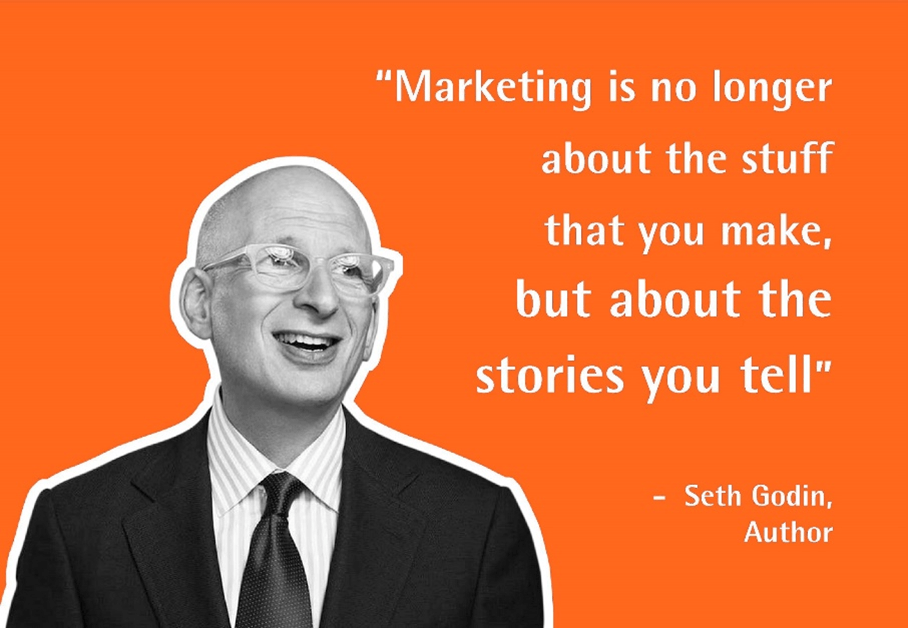Why Storytelling Is Key At This Point?
As per the Principle of Chaos, the Butterfly Effect is one that states how the smallest action will always lead to a drastic reaction. A symbol to the existence of seemingly inconsequential moments, later creating filaments of cause and effect that, in retrospect, become apparent by rippling through the globe.
A ‘Digital’ Butterfly effect is now among us, and has been for quite some time. A Facebook status that suddenly becomes a global topic of discussion, or an amateur video that becomes a viral voice of reason. It’s here. Today’s digital era has allowed many to market themselves without a shred of self-doubt. Market yourself as an artist, a musician, a critic, a blogger. It doesn’t end. So as long as the platforms exist, so do you.
And here’s the trick, the better you are at MARKETING yourself, the more people remember you, admire you, and take actionable measures to keep you within sight. An open door to their minds that allows you to inform their decision making process without hesitation.
How do they do this? Content. Not just any content, but rather content that taps into their trust, imagination, and thought process. Why should they listen to you? How will you help them? What do you offer? What do they benefit from your presence?

Although quality is important, advertising your product or marketing your brand is no longer tied to the quality of your offering, but rather how you portray it. Johnny Cochran, the defense attorney well known for the OJ Simpson trial, put it best;
“Evidence doesn’t win the day. Jurors go with the narrative that makes sense. We’re here to tell a story. Our job, is to tell that story better than the other side tells theirs.”
– Cochran, J. (2002, October 11). A Lawyers Life.
Tailoring Johnny Cochran’s statement to a world of digital marketing would only mean one thing; you don’t have to provide the best service in your industry to gain the people’s trust. The quality of your service only proves they made the right choice – hence its importance. However, for them to choose you in the first place, your brand must provide a narrative that grabs their attention. A story that makes your target audience believe in YOU, and not just in your product.
Nike’s Equality campaign was possibly the best example of successful brand storytelling. In an attempt to offer something more than just a pair of sneakers and workout gear, Nike made a strong statement about the company. The main aim was to represent positive social change by telling a story that almost immediately connected with the audience. This lucrative tactic was quick to create admirers out of potential targets. Wearing Nike products, or at the very least, engaging on social media by sharing one of the brand’s inspiring videos, was then a contribution to building a valuable and constructive movement within the society.

What we can learn from Nike, is that the success of their story was the result of an emotional bond between them and their followers. By discovering a collective problem within the society, defining its cause and its impact, developing a tactical and emotional story that addresses the problem, and delivering it through the right channels, Nike was able to connect with its audience on a personal level, making the brand stronger and more trustworthy.
Whether it’s a start-up, mid-sized business, or even a multinational company; everyone loves a good story. Your job is to tell yours better than the other side tells theirs.
Mahmoud Mashhour
Creative Researcher and Copywriter – ripplemark







